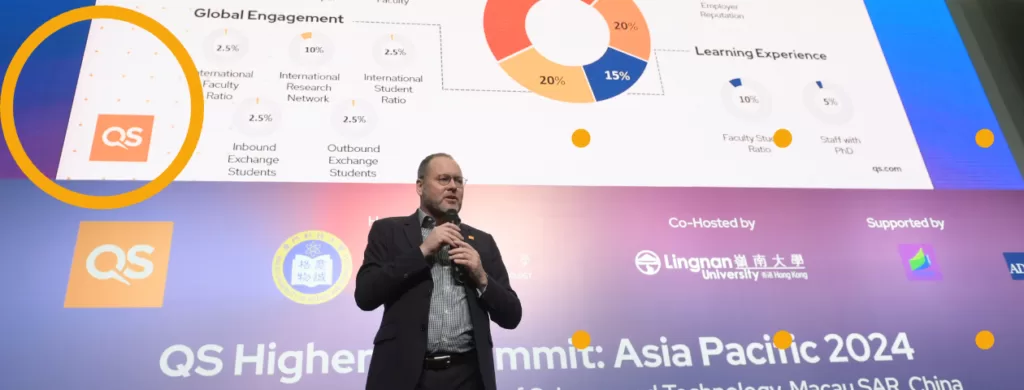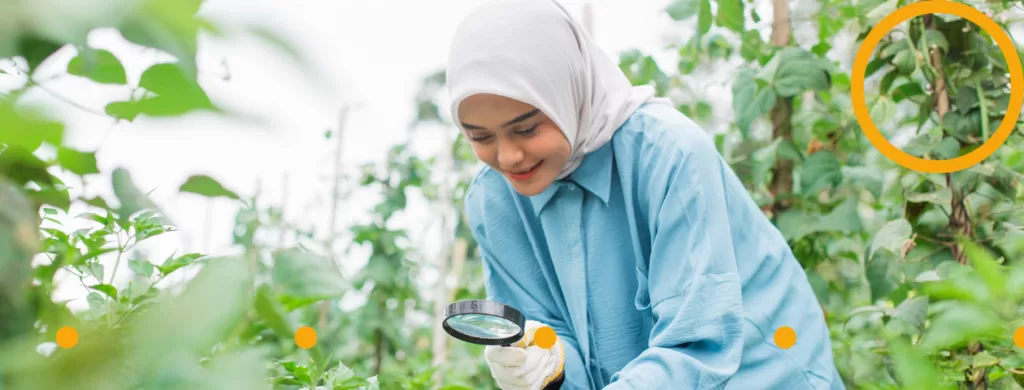
By Michael Mooney
Forecasting higher education, particularly when it’s still in the midst of major disrupting forces, is a fool’s errand. We fail our future, however, if we limit our attention to the local and regional pressures that affect the fate of our universities. Beyond these constant, predictable pressures are three interlocking forces of global reach and significance that are already bearing on all institutions and will continue to change their work, for better or worse, in the immediate and longer term: digital technology, climate change, and the pandemic.
Digital technology
The internet has by any measure been the most disrupting force in higher education today, affecting as it does the production, conservation, and transmission of all manner of knowledge—real, bogus, and everything in between. In impact it recalls the rise of the printed book, which many feared would trivialise knowledge. In fact, the opposite happened and the creation and sharing of knowledge, peer-reviewed and properly-edited, increased dramatically. Great collections of books were skilfully made and universities developed around them: the central library replaced the chapel as the university’s core building. The sources of knowledge were collected in physical buildings, and ‘student bodies’ gathered around them.
The impact of the internet on research and learning has been unmistakable and will only grow. During a recent visit to Yale, I stepped into Sterling Library and found rows of socially-distanced students in its massive reading room, all of them behind computers but few using any of the beautiful books stacked on the shelves around them. Rather than being gathered in a physical place, knowledge is now scattered around the globe, available to anyone who can access the internet. The challenge to academia, much as it was with printed text, is how to distinguish reliable, quality knowledge from the the biased, sometimes scandalously erroneous offerings online purporting to be fact.
The great claim of the Enlightenment, that wheat can be winnowed from the chaff of ideas through more speech, not less, is no easy feat with internet learning, but it can and will be done. Over time, I expect, improved editorial methods will come to be developed for online information, and pedagogy itself will change. Internet offerings will become the new textbook, and “flipped” classrooms—attending carefully produced lectures online, then meeting for discussions in person—may well become the norm. Campuses will be wired and reconfigured, but not destroyed. The students in Sterling may not have been using books, but they were drawn to the warmth and beauty of the space, the hushed efforts of their fellow students, and the ability to take a break together and trade ideas in conversation. We are, to invoke the ancients, social by nature, and are not inclined to abandon the enlivening spirit of a campus.
Climate change
Equally consequential, if less obvious, to the future of our institutions is climate change. The reality of climate change, once debated, is now manifest in fires, floods, crop failures, melting glaciers and other phenomena. Slowly but surely universities are building climate concerns into their fabric, both by putting in place sustainable buildings and practices but also by making climate change a subject of study in its own right and blending it into the curriculums of its business, engineering, law and other professional programmes. This will continue and for good reason. The earth and its future may soon rival social and political structures as core issues of the curriculum.
A further effect of climate change, only now beginning, is one that will affect society most directly: environmental migration, the movement of mass populations to safer lands because their own have been ravished or even destroyed by changes in climate. Whatever is achieved in our efforts to mitigate the effects of climate change, it may already be too late to prevent this happening. Such migrations are underway and they will have an impact on all institutions of society, universities included, in unforeseen ways.
The pandemic
Its immediacy and intensity notwithstanding, the pandemic is more an intensifier of its companion forces than one of their equal. It will pass, but the changes it is causing are severe, particularly at underfunded institutions that depend on individuals to show up and fill seats. In the US, the pandemic is widening the gap between the ‘have’ and ‘have not’ institutions and it may hasten the demise of the weakest. During my visit to Yale I saw a large poster outside one of the residential colleges, informing us that during the pandemic Yale’s endowment had grown by US$11 billion. Translation: Yale can afford the effects of the pandemic. Non-Yales, even some near-Yales, cannot. To continue their core mission, even to survive, some schools may curtail services, neglect their facilities, ask more of their faculty, and, to meet revenue targets, scale back tuition fee discounts, taking a step backwards in efforts to diversify.
The pandemic has also forced us to confront more quickly than before the issue of student mobility. In recent decades universities in the West have promoted international exchange with the easy confidence that “history had ended” and that little by little a liberal global democracy would emerge. With excellent online programs able to connect students worldwide, however, the value of study abroad was put into question, and the pandemic has sharpened the issue. A resurgence of nationalisms of various kinds, from protectionist to autocratic, is occurring, with little relief in sight. The challenge now is not to withdraw from the world but to redouble our efforts to engage it, with due respect for its complexities and a readiness to argue for, not simply assume, the political and economic values we hold. Universities that promote genuine debate at home and study the world abroad as it truly is and might yet become, will not only survive, but thrive, in the decades ahead.
Michael Mooney is a member of the QS Rankings Advisory Board. He is an international adviser to Waseda University in Japan and former president of Lewis and Clark College in the US.



